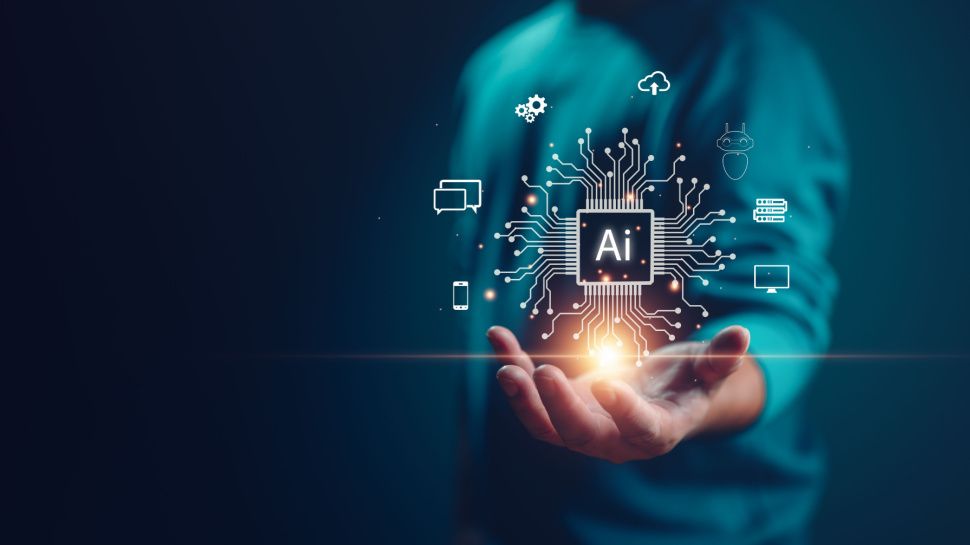New research has claimed three-quarters (76%) of business and government leaders believe AI will play a key role in helping drive progress towards their sustainability goals.
A study of more than 1,000 business leaders from 10 countries by HP found the same proportion of leaders see technology as crucial in including traditionally excluded populations in the economy.
More than four in five say they also plan to use AI to increase access to digital education (90%), workforce development (89%) and workforce diversity (86%), underscoring the technology’s wider transformative benefits.
AI could have social and economic benefits
Nancy Powell, HP’s UK&I Sustainability Lead, emphasized the importance of providing digital tools and skills to underserved communities: “Everyone deserves an opportunity to access tools and skills that will allow them to thrive in the digital economy.”
Despite artificial intelligence’s potential to impact companies’ progress toward their ESG goals, HP noted that the lack of worker readiness and the global skills shortage could hinder businesses from making the expected progress.
HP isn’t the only entity to recognize AI’s transformative potential – US Energy Secretary Jennifer Granholm recently stated that AI could help unlock more powerful insights to ultimately enhance technology efficiency.
The data centers running AI servers have faced criticism in recent months over their intensive energy consumption and use of other natural resources, like water. While big tech firms have committed to expanding green energy generation with the likes of solar and wind farms, more efforts are needed.
Artificial intelligence’s power to help advance key goals is undeniable, but the more recent revelation that AI could be used to address some of its own drawbacks offers an exciting glimmer of hope.





